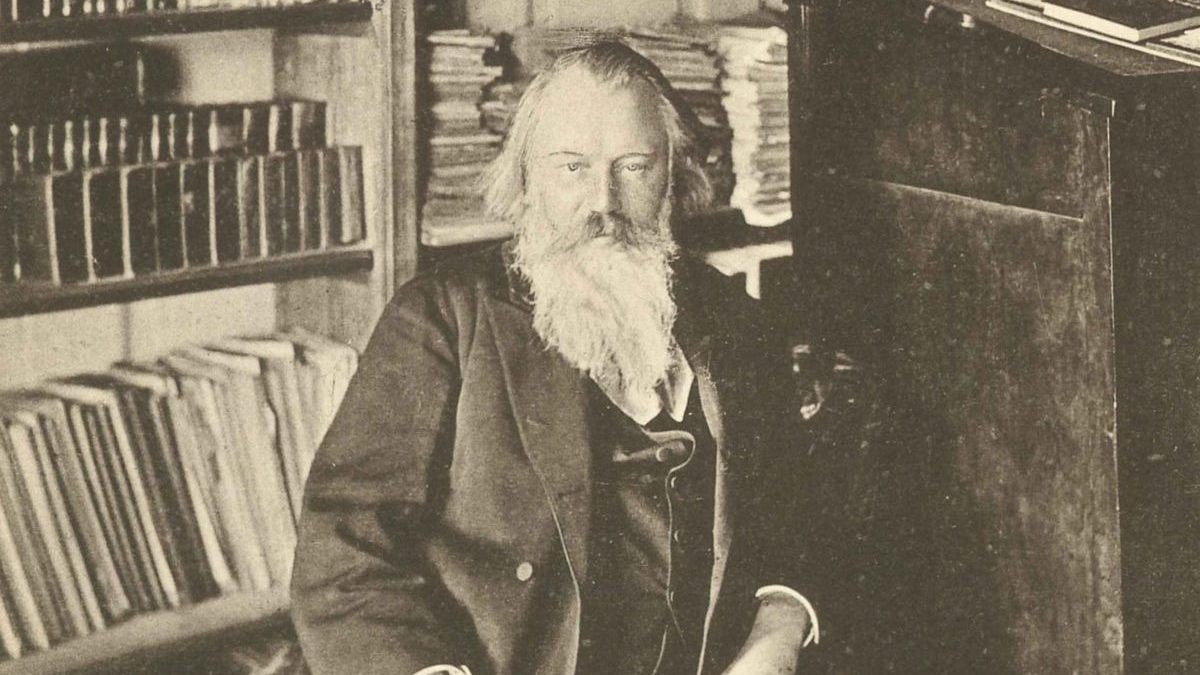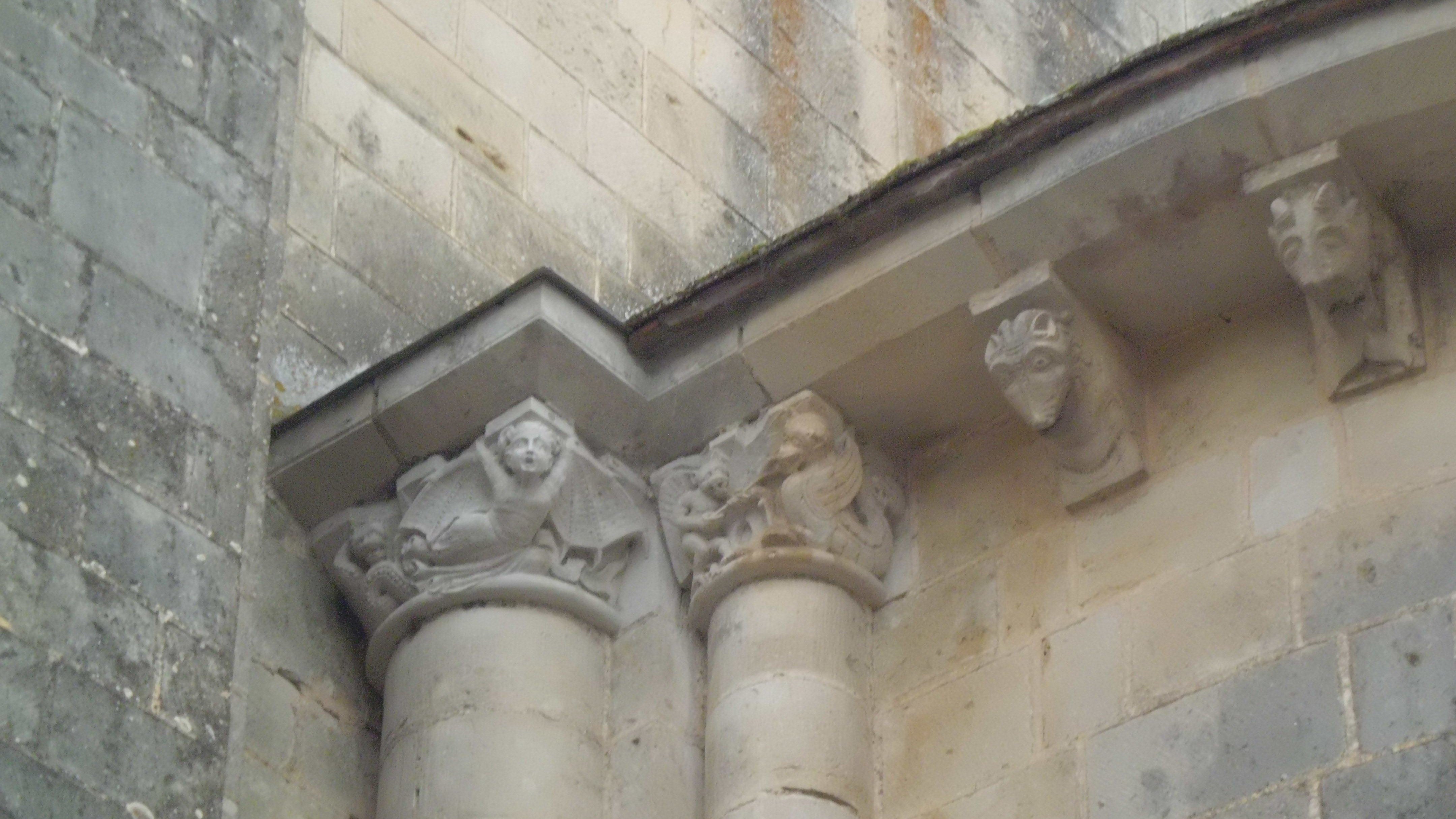Fanfare for the Common Man
Over the course of five sweltering months spanning the summer of 1787, delegates assembled in Philadelphia to establish one of the most revolutionary documents in human history—the Constitution of the United States. Enshrined in the document is the dignity of the individual. The Constitution’s Bill of Rights, ratified in 1791, guarantees civil rights and liberties to the individual, including freedom of speech, press, and religion. These rights, not granted by law but instead …







